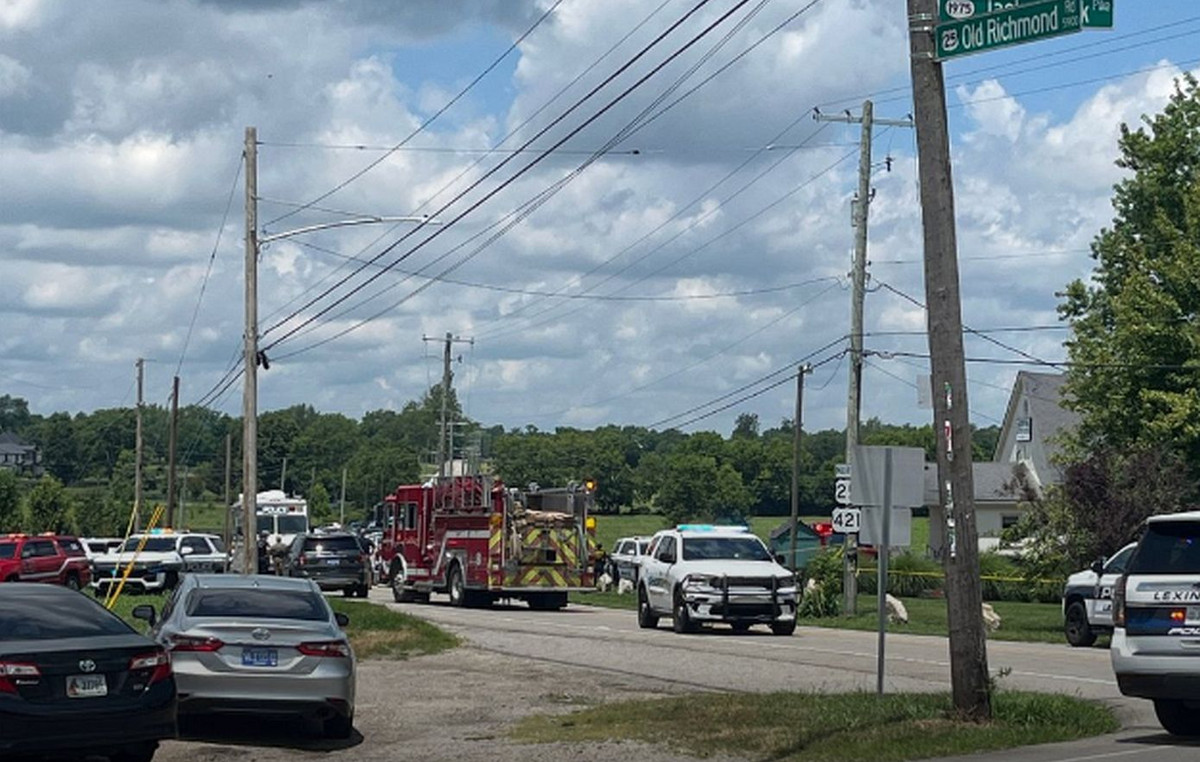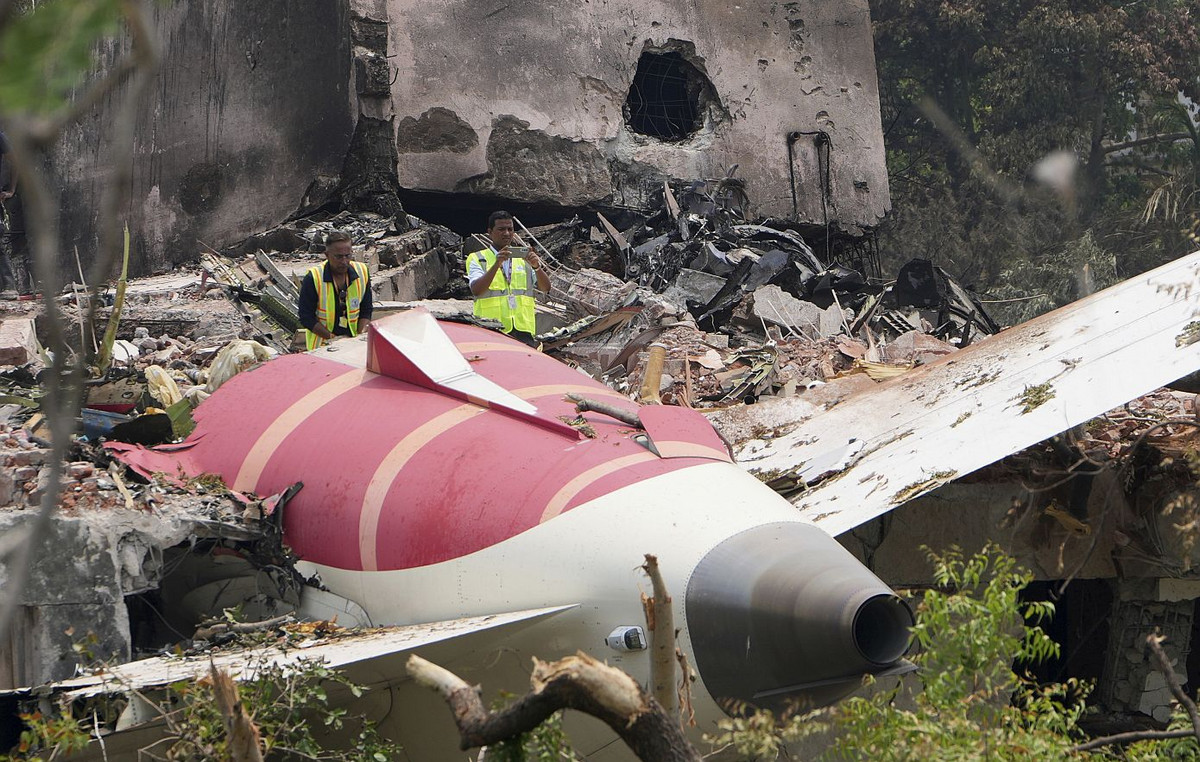The Voepass ATR-72 aircraft, which crashed last Friday (9) in Vinhedo (SP) leaving 62 dead, had its deicing system inoperative on at least six occasions in July last year, according to reports obtained by the newspaper “O GLOBO”.
According to the report, in at least one of these occurrences there was a technical recommendation not to fly to the southern region of the country, precisely to avoid an area more prone to adverse weather conditions, and the guidance was not followed.
According to a study conducted by the Satellite Image Analysis and Processing Laboratory (Lapis) at the Federal University of Alagoas (Ufal), the aircraft faced severe weather conditions for almost 10 minutes before crashing in Vinhedo. According to the study, the ATR-72 entered an area with high ice formation, winds of 60 to 70 km/h and high, frozen clouds, with temperatures of around -40°C.
Aviation experts point out that problems with the functioning of the de-icing system are among the possible causes that may have contributed to the accident. In a note to CNN Voepass stated that the company follows all operational and maintenance protocols regulated by the airline industry.
“VOEPASS Linhas Aéreas reaffirms that, on August 9 of this year, the aircraft had its de-icing system operating and the aircraft was airworthy and able to carry out the flight, within the established legislation”, it adds.
Reports obtained by “O GLOBO” show that inspections detected the problem in the aircraft’s de-icing system at the bases in Ribeirão Preto (SP), Porto Alegre (RS) and Congonhas (SP).
On July 13 of last year, the person responsible for maintenance in Ribeirão Preto stated that the aircraft had “ice restrictions” and recommended that the crew should “avoid sending the plane south”. However, on the same day, the plane continued to Porto Alegre, where maintenance again indicated that the plane’s de-icing system was inoperative, in addition to having a broken windshield wiper and a failure in the ground approach warning system.
The following day, before the twin-engine aircraft embarked for Congonhas, the report indicated only “ice restriction”, which could indicate that the other systems had been repaired. On the same day, still at Congonhas, maintenance again warned of “ice restriction — avoid sending to the South region”.
The reports indicate that, four days later, the aircraft was at Congonhas with the de-icing system and the electric generator inoperative. At the end of the same day, the ATR-72 underwent another inspection in Ribeirão Preto, which again showed that the de-icing system and the electric generator were inoperative.
When asked about the reports, Voepass told CNN that “this type of maintenance is part of the routine of all airlines in the world”, and reinforced that it follows all operational protocols.
The Brazilian Air Force (FAB), the Federal Police and the Civil Police of São Paulo are still investigating what caused the plane to crash. In total, 62 people died, including 58 passengers and 4 crew members.
Source: CNN Brasil
I’m James Harper, a highly experienced and accomplished news writer for World Stock Market. I have been writing in the Politics section of the website for over five years, providing readers with up-to-date and insightful information about current events in politics. My work is widely read and respected by many industry professionals as well as laymen.







